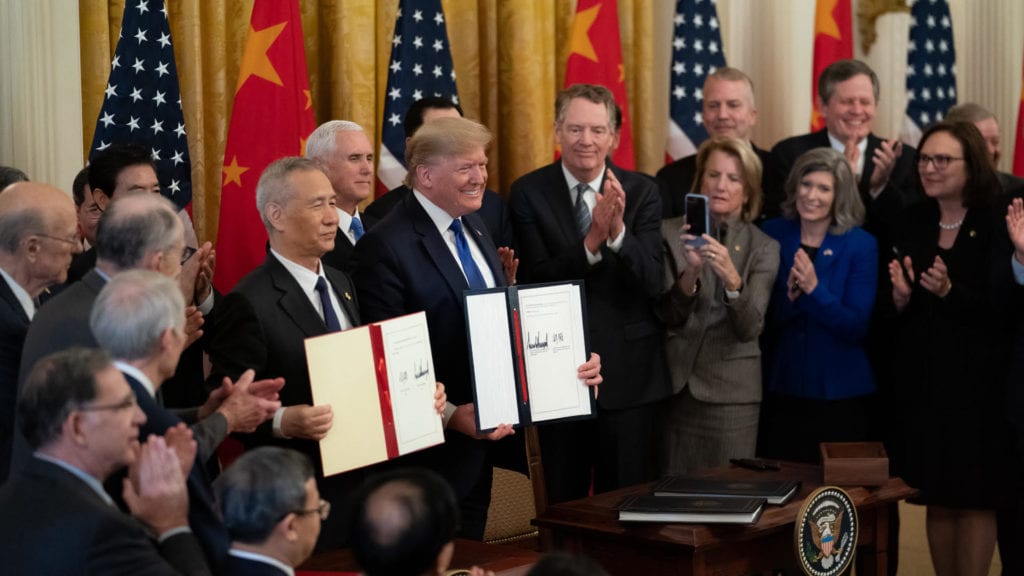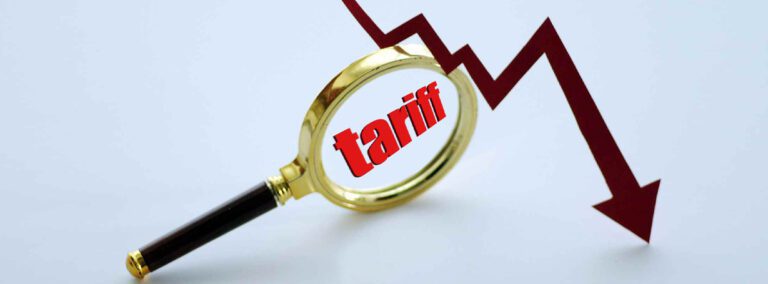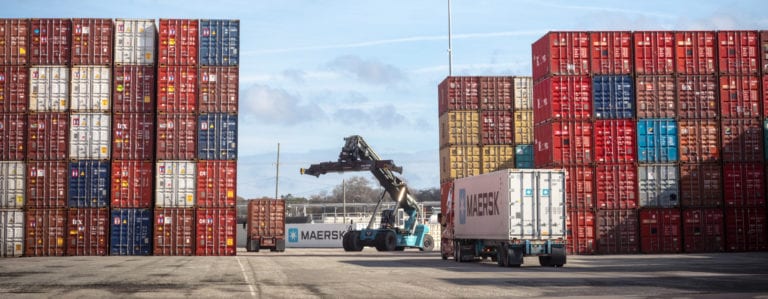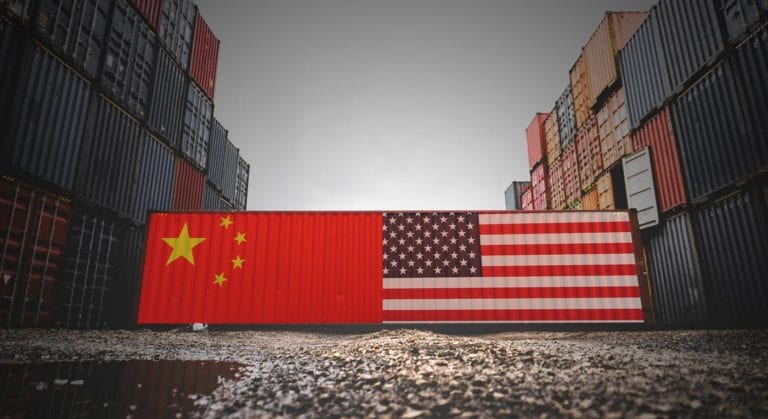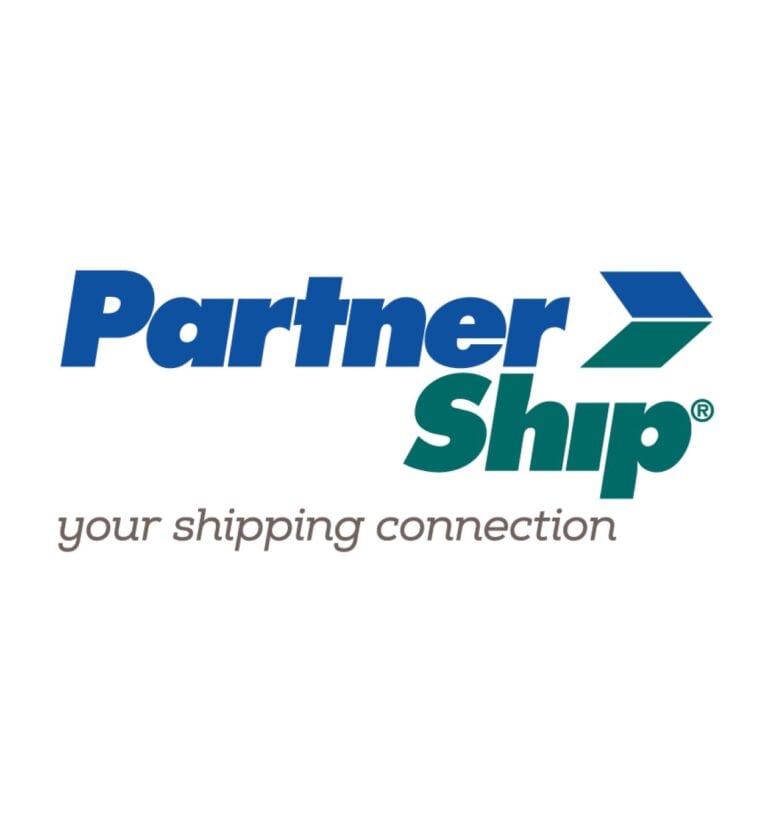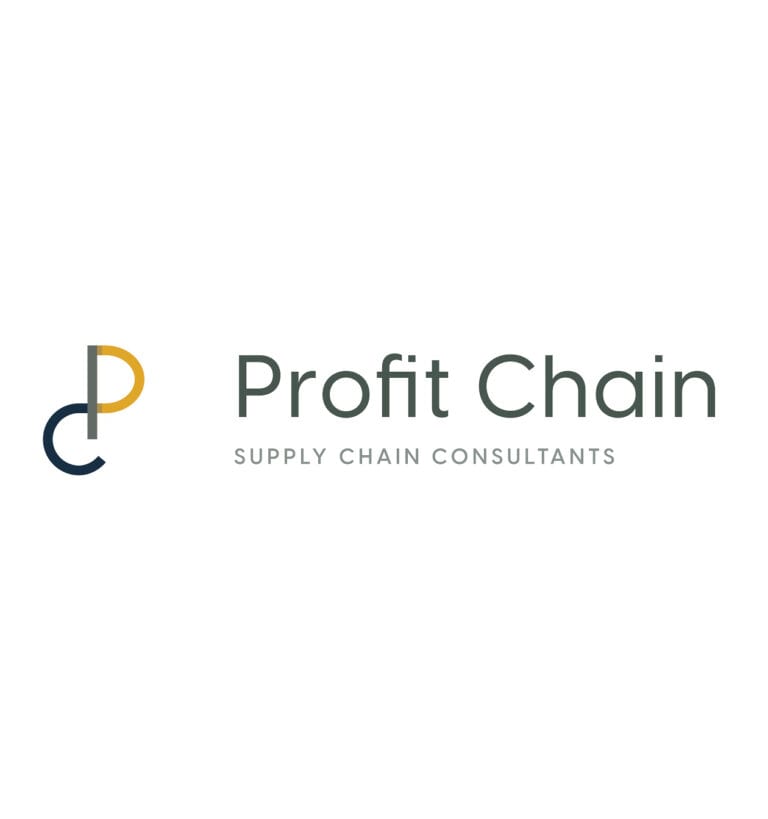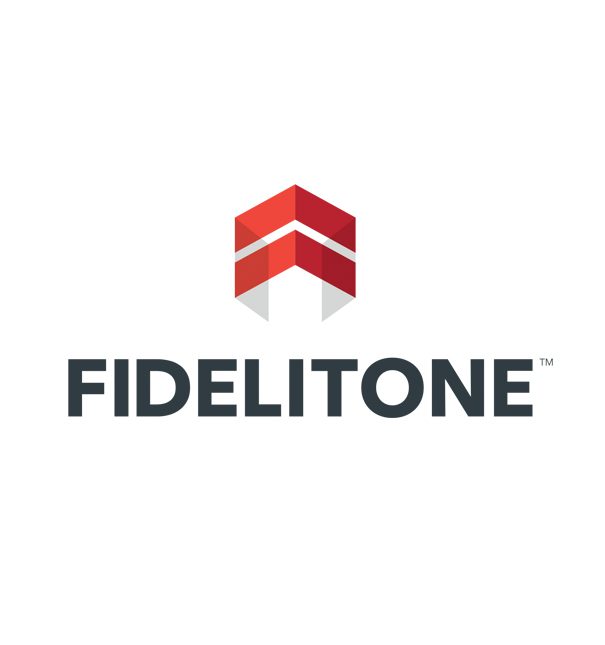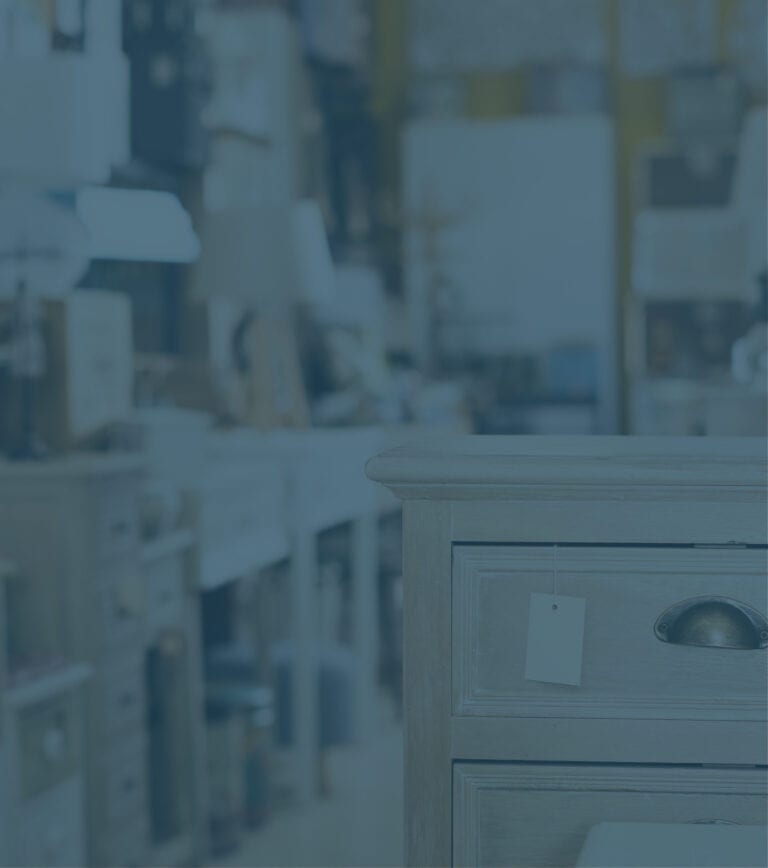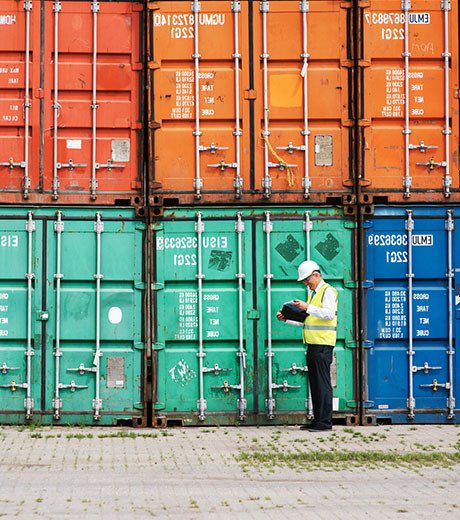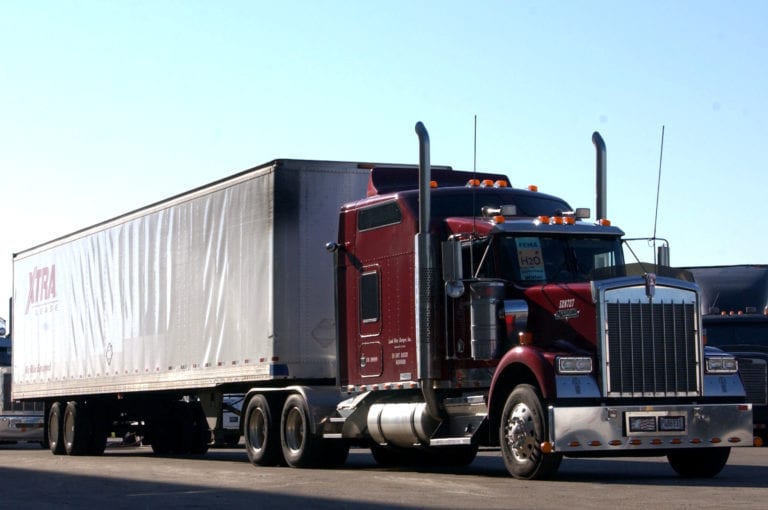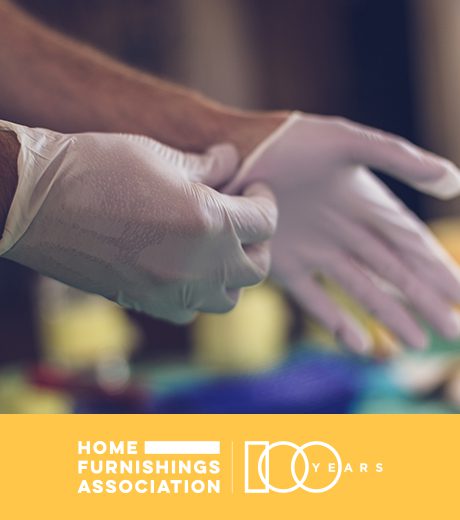Some furniture imports from China have been excluded from tariffs, the Trump administration announced Feb. 5. The action is retroactive to September 2018 and continues until Aug. 7, 2020. Importers are entitled to apply for refunds of tariffs paid – originally 10 percent and then 25 percent since May 10, 2019.
The exclusions apply to some categories of products on List 3, which covers approximately $200 million in imports from China. For example, “household furniture of high-pressure laminated bamboo” is now excluded from tariffs. So are “parts of seats … consisting of fabric material (and leather) cut to shape, including liner parts, partially sewn, with zippered cushions, weld cords or piping,” as well as many kinds of floor, table and desk lamps.
The tariffs were charged to the importers of record, and only the importers of record can apply for refunds. However, importers often passed on some or all of those costs to retailers. Retailers who shared those costs should seek reimbursement from importers.
The importer need not have applied for an exclusion to receive a refund if the importer paid tariffs on products that are now excluded.
Information on filing for refunds is here.
Rigorous process to earn exclusions
The process for seeking exclusions is detailed, according to rules published by the Office of the U.S. Trade Representative. For each product, an applicant must provide a description of the product and the gross revenue from its sale, as well as the applicant’s overall gross sales. The applicant also must state:
- Whether the product or a comparable product is available only from China. The requester must provide an explanation if the product is not available outside of China or the requester is not sure of the product availability.
- Whether the requester has attempted to source the product from the United States or third countries.
- Whether the imposition of additional duties (since September 2018) on the product has or will cause severe economic harm to the requester or other U.S. interests.
- Whether the product is strategically important or related to ‘‘Made in China 2025’’ or other Chinese industrial programs.
In addressing each factor, the requester should provide support for these assertions.
The approval rate for requested exclusions was just 3 percent, the Wall Street Journal reported Feb. 3 – before the latest announcement.
HFA asked president not to increase tariffs again
Tariffs on List 3 imports had been scheduled to increase from 25 percent to 30 percent last October. The Home Furnishings Association wrote to President Trump asking him not to take that step. He did not, as U.S. and Chinese negotiators worked out a Phase One trade deal.
The HFA is a member of Americans for Free Trade, a broad industry coalition that opposes the use of tariffs as a bargaining tool, contending that tariffs impose taxes on American businesses and consumers.
